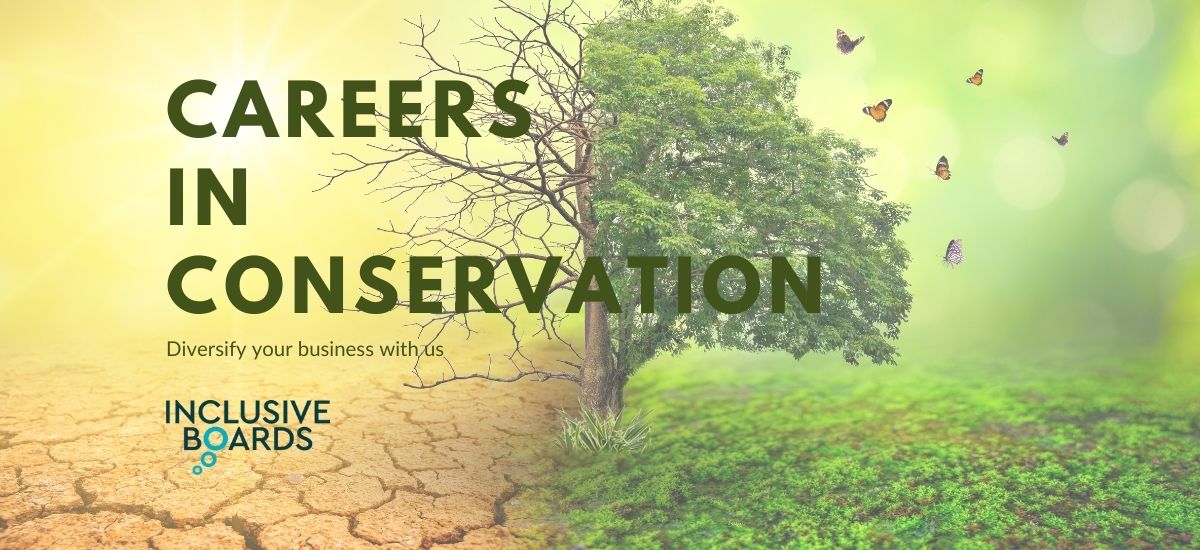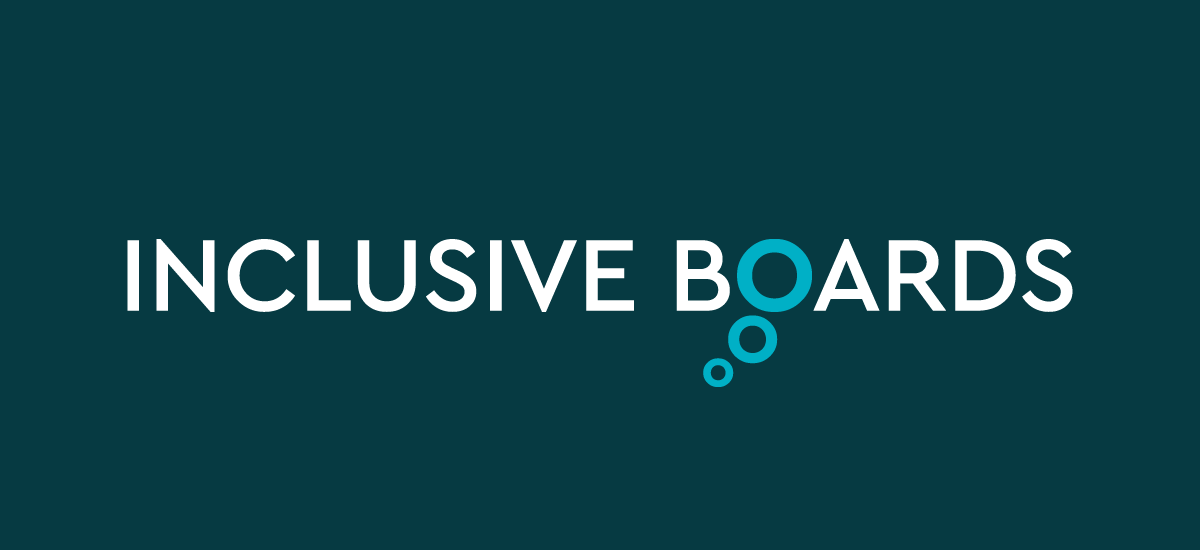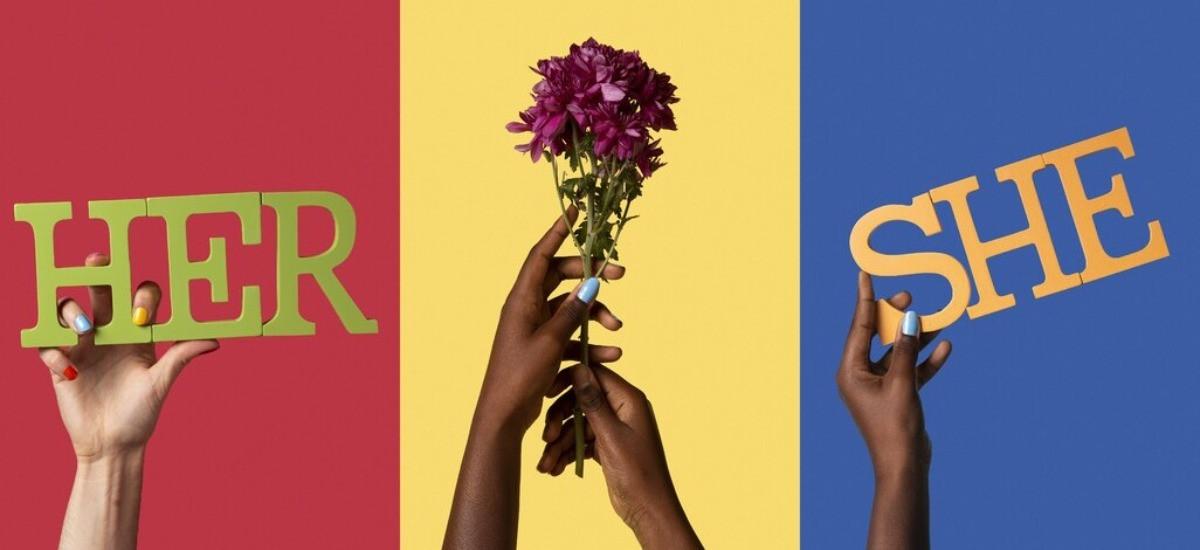The UK’s environmental/conservation sector comprises a range of charitable organisations and private businesses. Whilst it currently holds approximately 22,000 conservation professionals and 10,000 environmental professionals, the field has seen a continual decline of the number of individuals working in full-time roles since 2010.
This appears to be the result of insufficient funding for opportunities as well as the Coronavirus pandemic taking away the attention of governments worldwide on the imminent threat of climate change and biodiversity loss. With lower wages overall than the private sector, many conservationists have to consciously make a decision to continue working out of passion for what they do, not simply because they need to pay bills or put food on the table.
The conservation sector encompasses a wide variety of roles including ecologists, wildlife veterinarians, reserve wardens, marine biologists, project managers, conservation scientists and wildlife filmmakers. Whilst many of these require their own unique skills, there are a myriad of existing abilities from other sectors that can be applied in a conservation career (where appropriate) such as policy making, marketing and fundraising. In terms of entering into conservation, the relevant qualifications can be acquired through academia and vocational courses (depending on the chosen career) and, as with all competitive sectors, having voluntary experience on your CV will stand you in good stead.
The sector is currently the second least diverse in the country. Historically, it has been a predominantly white, middle to upper class field, with less opportunities available for individuals outside these groups. Such a lack of representation can discourage others who may otherwise wish to involve themselves in protecting wildlife and biodiversity. However, efforts are being made by many organisations and people to challenge this sobering reality.
The Wildlife Trust is three years into its 2020-2025 Equity, Diversity & Inclusion (EDI) strategy, ‘Wild About Inclusion’. The plan outlines why EDI is vital and the charity’s visions for a more diverse sector. It also takes a deep dive into its priorities for tackling the aforementioned lack of equality. A statement from the Trust reads, “We’re Wild About Inclusion! To us, this means inspiring, empowering and engaging people from all backgrounds, cultures, identities and abilities, to change the natural world for the better. It means creating workspaces where difference is celebrated, everyone can be themselves and flourish, just like nature.” This approach is being echoed across the industry, with numerous other organisations pledging to champion EDI such as RSPB, The Woodland Trust and Butterfly Conservation.
Experts warn that the next ten years will be critical in shaping the world we will live in. It is clear we need to reverse the loss of wildlife and put nature into the heart of what we do if we are to prevent climate and ecological disaster. The preservation and maintenance of environments and biodiversity in the face of changing climates and habitat loss is key to a successful career in conservation.
The Wildlife Trust is currently promoting its new strategy titled ‘Nature in Recovery’. This looks to see 30% of the country’s land and sea more habitable to wildlife by 2030 and asks the UK government to lead the way. Greater diversity means that efforts will benefit from viewpoints and solutions that may otherwise have gone unnoticed, as well as attracting more individuals.
This is the first in a series of articles which aim to observe different diversity strands and intersectionality within the conservation sector in celebration of World Nature Conservation Day on the 28th July. Initially focusing on ethnicity, other areas to be covered include gender, socioeconomic status and the LGBTQ+ community.
By Emily Midwinter
Inclusive Boards is passionate about supporting organisations to achieve diversity and inclusion at the senior leadership and board level. We have extensive experience of working within the conservation sector, assisting organisations such as The Conservation Volunteers and The Royal Horticultural Society. If you would like an introductory meeting to discuss how we can support you to achieve your executive search and/or EDI outcomes, we would be delighted to hear from you. We offer a range of services including advisory, EDI training, leadership development and executive search. Please enquire here.





